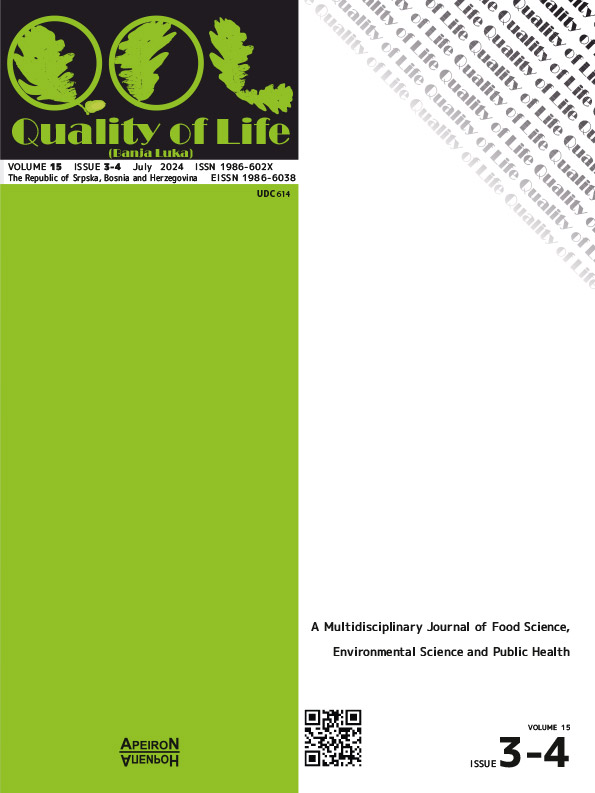Personalized Medicine in Oncology: Ethical Considerations and Current Practice
DOI:
https://doi.org/10.7251/QOL2403145KKeywords:
carcinogenesis, personalized medicine, ethical considerationsAbstract
Personalized Medicine aims to provide targeted therapy specifically designed according to inherited and/or acquired risk factors present in different subgroups of patients. One of the milestones in tumor research was the realization that tumors are much more complicated and dynamic than it was believed 20 years ago. From year to year, thanks to the extreme advances in molecular oncology, genomics and proteomics, our knowledge of tumors keeps growing, which has led to the emergence of new drugs that target the weaknesses od tumors. Molecular pathways, based on knowledge of genetic characteristics, have identified possible therapeutic targets for certain groups of patients within a seemingly unique clinical phenotype or disease. Stratifying complex and heterogeneous groups of patients in this way led to a better definition of disease subgroups, with a more precise risk-benefit ratio. Selecting patients who will respond to a given drug and avoiding exposure to potential side effects of patients who will not respond to therapy increases the effectiveness of the drug, reduces the risk of unnecessary side effects or drug interactions that could cause serious complications and significantly increase treatment costs. In parallel with the advancement of personalized medicine, with all its advantages, new ethical considerations are being raised, especially issues of patient privacy, confidentiality, data protection, and patients’ rights to fairness. The training on how to handle moral and ethical dilemmas while taking into account social, religious, and local societal values and practices can be very beneficial for the healthcare professionals and treating oncologists.
